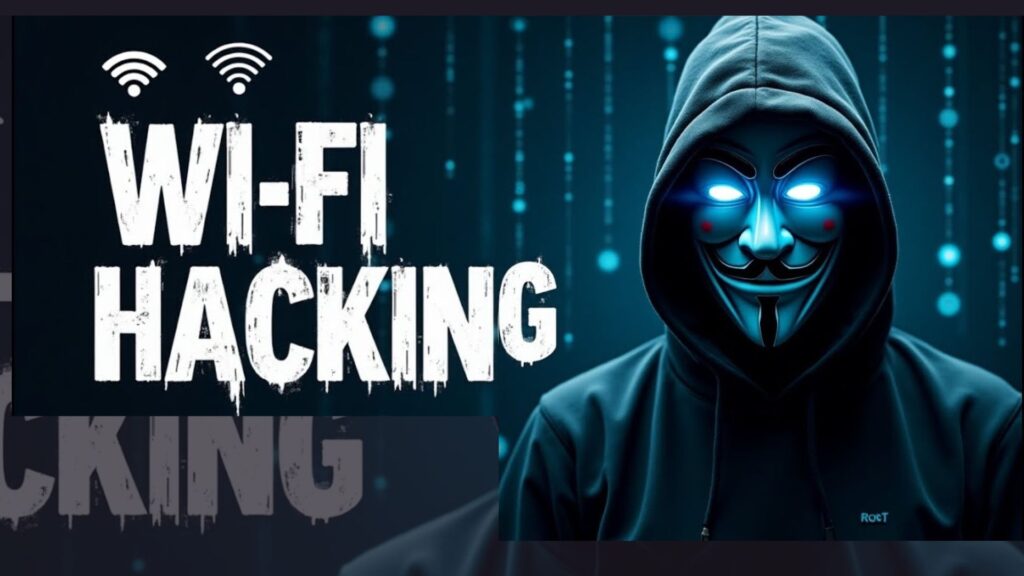
About the course
Welcome to this course. To enjoy this course, you need nothing but a positive attitude and a desire to learn. Ethical Hacking refers to the authorized and legal practice of bypassing system security to identify potential vulnerabilities and threats in a network, system, or application. For an educational website, ethical hacking involves simulating cyberattacks in a controlled environment to assess the security of the platform, protect sensitive data (such as student information, login credentials, and payment details), and ensure the website is safe from malicious hackers. 1. Authorization: Ethical hackers must have explicit permission from the website owner to conduct security assessments. 2. Purpose: The goal is to identify and fix vulnerabilities before malicious hackers can exploit them. 3. Scope: The hacking activities are limited to the agreed-upon boundaries (e.g., specific pages, databases, or functionalities). 4. Tools and Techniques: Ethical hackers use tools like penetration testing software, vulnerability scanners, and manual testing methods to uncover weaknesses. 5. Reporting: After testing, ethical hackers provide a detailed report of vulnerabilities, their potential impact, and recommendations for remediation. 6. Compliance: Ethical hacking ensures the website complies with data protection regulations (e.g., GDPR, FERPA) to safeguard user privacy.

Complete Ethical Hacking & Penetration Testing Course (Beginner to Pro ).
Language: Bilingual (Hindi + English)
₹4999 including GST

WI-FI Tutorial for Beginners - Ethical Hacking
Language: Bilingual (Hindi + English)
₹5000 including GST
